
Yamashita Takako works in the food section of a department store. She pays frequent visits to a reputable local Chinese restaurant about opening an in-store branch. The owner of the restaurant, Wang Qingkuo from Shanghai, who does all the cooking by himself, gives Takako the brush-off. One day, however, Wang collapses due to overwork, and is left with partial paralysis. Hearing the rumor of the restaurant’s closure, Takako resigns from the department store and becomes an apprentice to Wang.
You May Also Like

A hot one-night stand turns into an awkward morning after when Guy and Holly get stuck in a dead-stopped traffic jam.

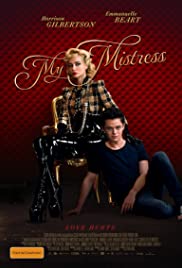
It’s a long hot summer for Charlie Boyd. He’s sixteen, his hormones are raging and he’s just found out his mother is having an affair with his father’s best friend. One thing takes his mind off his problems, the mysterious woman down the street who has visitors day and night, and has just advertised for a gardener. But she is forgotten when a tragic family event tumbles Charlie into a world of pain, a pain so intense Charlie thinks no-one can help him. He’s wrong. Someone can. Maggie, the beautiful French stranger. She’s a professional, and she specialises in pain. Giving it, exploring it, sharing it, all for money. So Charlie falls in love, and despite herself so does she, drawn to this troubled boy who takes all the pain she can give and uses it to heal himself. And as Charlie heals, he turns that healing back onto her, his Mistress.
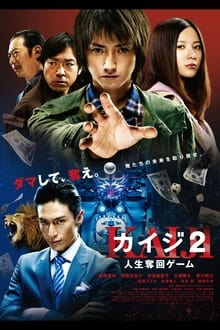
3 years after the ultimate life-or-death game with Teiai Group, Kaiji was entrapped by Teiai and again back in the underground, forced to do hard labour. One day, Kaiji wins a bet to get out of the underground with 1 million yen, and promises the other workers that he will save them. But to do so, he only has 14 days and needs 200 million yen! Kaiji meets his former rival Tonegawa and learns that there is a chance to turn the tables in the game. It was a monster casino machine that will make 1 billion yen if you win…

An elliptical, minimalist narrative of a lost, wandering child in the wake of an affair that may or may not have even happened.
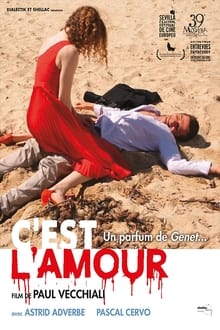
Odile suspects her husband, Jean, is cheating. Thus she decides to give him a taste of his own medicine. Fate gets her in touch with an actor, Daniel, who she will use for her revenge. The actor, living with a former serviceman, Albert, will make love with her. But there will be unexpected consequences: Odile and Daniel will be bound forever by an irrepressible love.

A single mother and a childless morgue technician are bound together by their relationship to a little girl they have reanimated from the dead.

It is August 1941. With the battle line far away in the east, three soldiers who have managed to escape from captivity find it difficult to hide: the territory is occupied by the enemy. The local woods are not safe: you can easily get embogged. Are the villagers loyal? Nobody can say. There is an old man who offers to help them. Is he reliable enough? He may kill them or report them to the local German authorities. Anything may happen, but one of them, the sniper, is his son who is his youngest, his dearest.
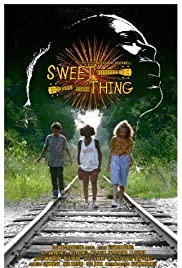
For Billie and Nico, life with their father is a roller-coaster ride of playfulness and unease. When he is in the grip of alcohol, tears flow and their apparently idyllic family life collapses. Their mostly absent and irresponsible mother is not much help either. But their friendship with Malik, a boy of Billie’s age, frees them from their shackles. Together they embark on a journey full of intense moments of freedom. The colourful, emotional world of the three young people is depicted in kaleidoscopic black and white imagery, which opens space for their own notions of childhood. Alexandre Rockwell’s tale portrays a profound sense of solidarity and deep love: for cinema and Billie Holiday, and also for risk and adventure.

In the morning of April 5, 2004, the greatest bank robbery in Norwegian history was carried out in Stavanger. The robbery itself is the main character of the story, and it is illuminated from several angles in the course of the film, from the perspective of the police, the robbers, the central cash service personnel, and ordinary people
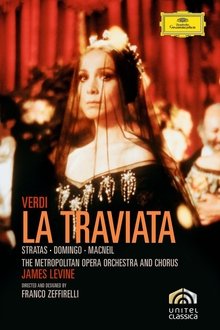
This “Traviata” became one of the most succesful of all opera films, especially in France, where 800,000 Parisian cinemagoers flocked to it in the first six week. It was nominated for two Oscars (for production and costume design) and won BAFTAs in those two categories, as well as receiving BAFTA and Golden Globe nominations as 1983’s Best Foreign-Language Film.